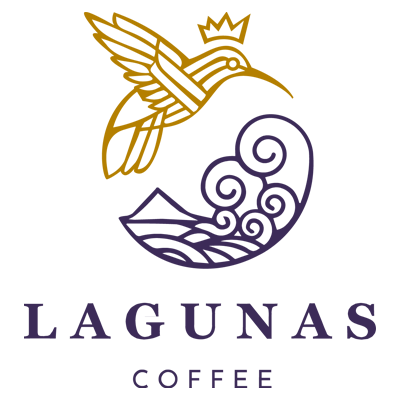Description
Baroida Estates is one of the oldest coffee farms in the Eastern Highlands of PNG. Baroida acts as a hub for the majority of the smallholder farmers in the eastern Highlands Region. Harsh weather and high interest rates have led to many farmers’ ruin in the past. However, PNG’s coffee board, The Coffee Industry Corporation (CIC) was created to limit those issues. There are now efforts to enforce regulations and improve the sustainability and quality of PNG coffee. With CIC’s involvement, PNG has seen an increase in the overall quality of coffee and the country’s increasing participation in the specialty coffee markets. We support PNG smallholder coffee farmers and what is called “Coffee Gardens.”
We want your coffee to be as fresh and flavorful as possible, so we roast to order. Shipping times may vary but any extra wait will be worth it!






